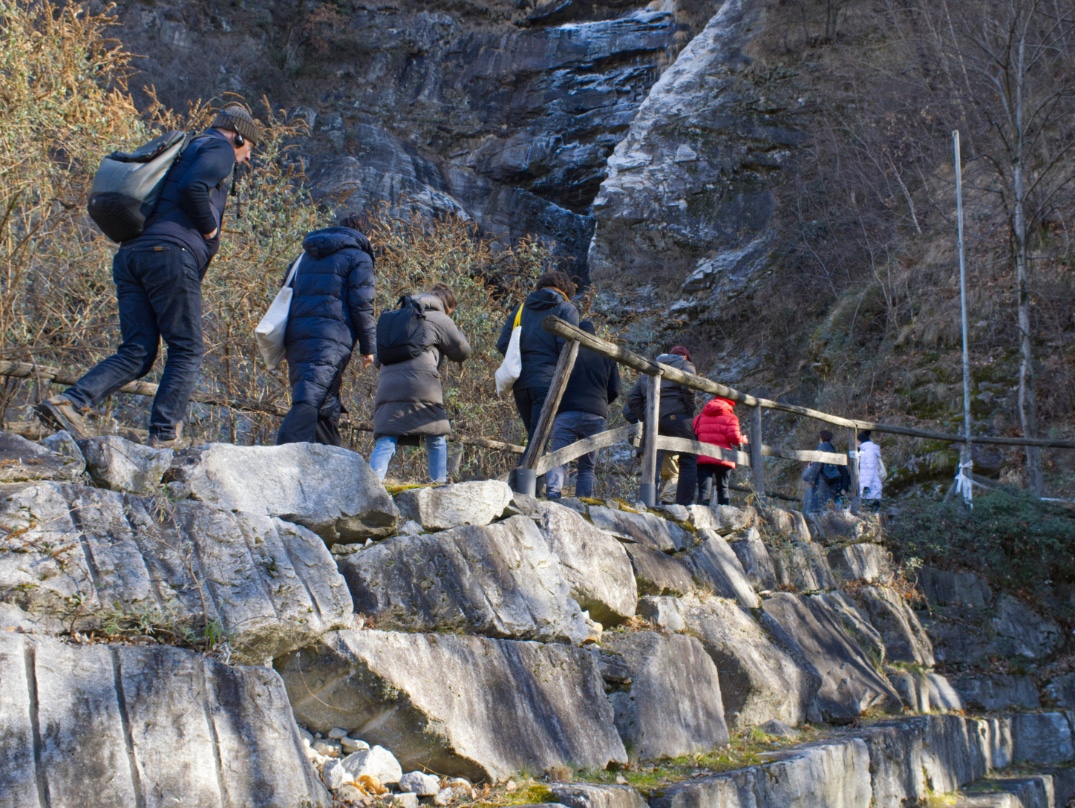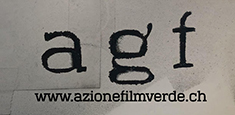Finding the perfect location means immersing yourself in the area
In February, Focal organised a Location Scouting workshop in Ticino: we look at how it went together with those who took part

Finding the right location for a film is fundamental. Locations have to be a frame for the emotions that the story and the director want to convey to the audience, but they also have to be suitable for the thousands of practical needs of a production. and a reconnaissance of the area in search of what are sometimes real treasures waiting to be discovered is an enriching experience and not only on a professional level.
The Workshop organised last February by Focal, a foundation that deals with professional training in the film and audiovisual industry, in collaboration with the Ticino Film Commission, was dedicated to the secrets of Location Scouting. Two intense days spent in Ticino, which left participants with a wealth of new knowledge and many good memories. Michaël Theus, production manager and founder of the Geneva-based Theus Productions, which welcomes foreign productions to Switzerland, had this to say. "I was very interested in this training. I had only been to Ticino twice for professional reasons and I got to know your canton much better. During these two days, we divided our time between theory and practice. Experts explained to us the different aspects of location scouting from different professional perspectives and showed us how to make the best use of the resources available today, starting with the web, to find suitable locations. After that we embarked on an exercise to put into practice what we had learned'.
Under the guidance of the experienced Location Scout Arnold Bucher, together with Chief Production Designer Marion Schramm and Production Manager Aminta Iseppi, the participants visited a number of locations around Bellinzona and the valleys. Places as diverse and evocative as those in Biasca with the Forte Mondascia, the Swiss Railpark or the Santa Petronilla waterfall, or, in Bellinzona, Villa dei Cedri, for a varied canvas of interiors and exteriors, from museums dedicated to armaments and military exhibits, to trains and vintage vehicles to evocative natural views. "We started with internet research," Michaël explains, "and each group showed the places they found and then voted on which ones to visit. In each location, our teachers directed us towards what might be interesting for filming purposes and explained to us what kind of photos to take and how to illustrate them to a production. This field experience was great, also because it made us discover not only the region but also its many secrets. For example, at the Swiss Railpark, we got to know an association that deals with historical railway material (the Club San Gottardo, ed.): now if I were a producer and had to organise the filming of a vintage train, I would know exactly who to turn to!
If the locations are central, equally important is the network of contacts that these training experiences allow to be established. 'In general,' Michaël emphasises, 'when you take part in a Focal course, it's not only to learn, but also to meet people, build relationships, network. I came into contact with several professionals from German-speaking Switzerland with whom I would like to work, and I also got to know more about the work of the Ticino Film Commission: I now know that Ticino is certainly a place where I will come to film. During these two days we were able to realise how location scouting is a job with a very human dimension, where you meet a lot of people and immerse yourself in the culture of a place. But it is not only an enrichment on a personal level, everything I learnt in this workshop I have been able to apply professionally: since then I have already done five different Location Scouting jobs for foreign productions, from China, France and other countries'.
In short, even a short-lived experience like this can leave lasting impressions on those involved. Michaël Theus has no doubts as he ends our chat with a smile: "It's something I would recommend to my colleagues, not to mention how much fun it was and the great food!".





